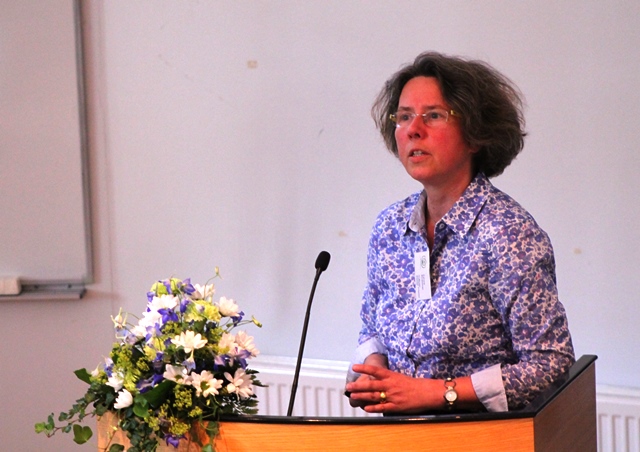Professor Carola Strassner specializes in food systems sustainability, with the emphasis on the whole system approach to sustainability. Her resent research interests are institutional catering, school meals and the organic food system.
Organic food consumption patterns seem to be close to both recommended healthy dietary patterns as well as sustainable diet patterns.
- European studies show that people who prefer organic food also follow overall healthier diets. This means that they eat more fruits and vegetables, more whole grains and less meat, Strassner states.
In France and Germany, national nutrition surveys include organic consumption data in the analysis. For example, in Germany there was a positive relationship between healthy dietary patterns, nutrition knowledge and a healhy lifestyle.
The association between dietary patterns and food choices really seems of great importance. However, these patterns must be seen as part of a whole. On the one hand, health is the product of the pattern of foods eaten over a longer period of time and other factors – on the other hand, diet is one of many health determinants.
Hence, the search for evidence of better health outcomes needs to be considered from the dietary level to the social practice level. A future field of study can be found from school meal systems and and other institutional catering setting such as hospitals.
- Studies show that a school with a healthy-food policy favors organic food in meal choices. Hence, an organic school policy can promote healthy eating in general, Strassner emphasizes.
The article is based on the keynote speech held by professor Carola Strassner in international organic conference in Mikkeli, 19th of June, 2017. The conference gathered over 90 researchers from 13 countries to discuss the current research topics in organic farming sector.
- More information: www.njf.nu/seminars/mikkeli2017
- The conference material will be published in Organic ePrints: www.orgprints.org
